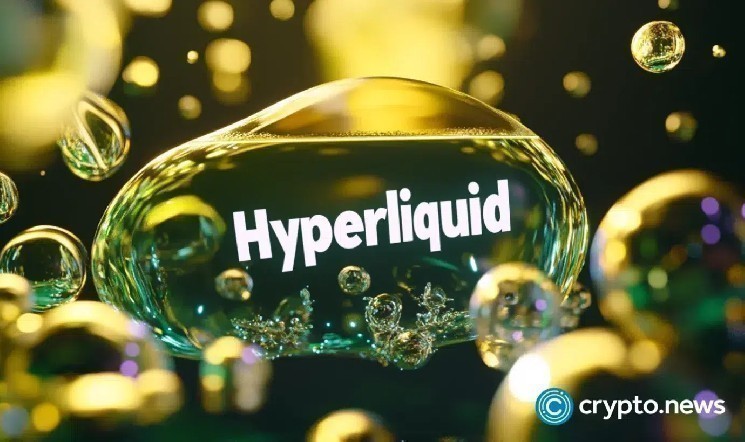
Hyperliquid price reached an all-time high, following news of a stablecoin launch and a major institutional vote of confidence.
Summary
Hyperliquid reached an ATH following several major announcements
Singapore-based fintech and trading platform Lion Group ditches Solana and SUI for Hype
The protocol is gearing up for major technical upgrades and its own stablecoin launch
On Monday, September 8, Hyperliquid (HYPE) price was up 7.5%, reaching an all-time high of $51.89. With a market cap of $16 billion, HYPE is now the eleventh-largest crypto asset, ahead of Chainlink (LINK). The move followed several significant developments for the DEX, including a major nod of confidence from an institutional player, network upgrades, and stablecoin plans.
For one, on Monday, September 8, Singapore-based trading platform Lion Group announced that it will convert Solana (SOL) and Sui (SUI) holdings into HYPE tokens. The Nasdaq-listed firm specializing in alternative investments stated that HYPE offers better long-term value creation than Solana and SUI. They also called the token “the most compelling opportunity” in DeFi.
Lion Group stated that it will convert its SOL and SUI positions into HYPE over time, buying at times when the token is down. Notably, Lion Group’s shift to Hyperliquid signals the institutional legitimacy the token has acquired, showing to some that it is now “safe” to invest. It also follows the decision from the asset manager BitGo to launch HyperEMV custodial solutions in the United States.
You might also like: Pump.fun flips Hyperliquid in 24-hour revenue
Hyperliquid to launch USDH stablecoin
Another significant development that pushed Hyperliquid to its ATH is the latest governance vote, which proposed the launch of the USDH. The Hyperliquid-based stablecoin, according to the company, is supposed to launch as part of the protocol’s next major upgrade.
The upgrade, announced on September 5, will cut fees for certain trading pairs by 80% and reduce rebates. According to the DEX, this move would boost liquidity on the high-frequency trading DEX.
You might also like: Hyperliquid: how an 11-person crypto DEX generates over $1 billion a year